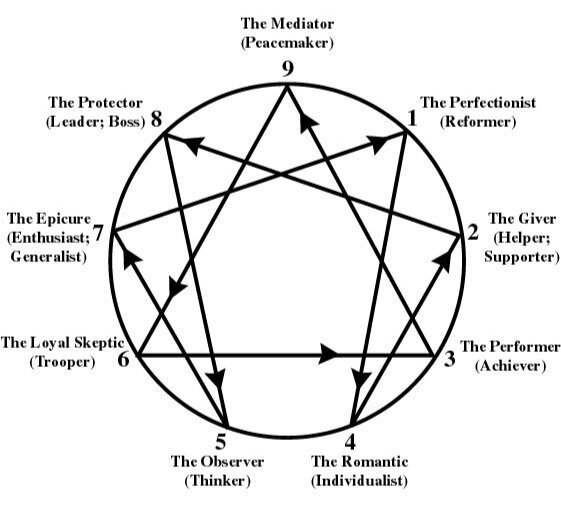From avoidance to acknowledgement: How to name the elephant in the room
Many of the teams and individuals I am working with at the moment have a similar dilemma. On the surface they are in a fairly healthy place, but there is a big, unacknowledged elephant in the room.
Some of the elephants I’ve seen include unresolved tension between two team members that plays out in team meetings, financial threats to an organisation that make the future feel uncertain…
Digging for gold: Why we need giraffe ears in conflict
In a recent, very tough, team mediation, the tool that really unlocked change was Nonviolent Communication (NVC), a tool for compassionate, assertive communication. NVC is mostly taught as a tool for communicating a difficult message. And with good reason - it is a powerful tool for centred speaking. But its hidden power is in helping us to listen with compassion.
The senior team in question was stuck in a cycle of mistrust that felt never-ending, because everything they were hearing from each other confirmed their judgements and fears…
The power of pinpointing emotions - for yourself and others
My son turned 7 last week. When I picked him up from school he described his day… Isaac: ‘Everyone sang happy birthday to me. It was nice but a bit embarrassing.’ Me: ‘So you felt embarrassed but still liked it?’ Isaac: ‘No - I mean I mostly liked it but was a little bit embarrassed too.’
It may seem a minor thing to celebrate, but I'd just spent time with a senior team, teaching them to notice and name their emotions. Their inability to do this has kept them stuck in a perpetual, unconscious cycle of mistrust, reacting to each other without really understanding why. So to be corrected by my son for emphasising the wrong emotion felt reassuring…
How to have a courageous conversation
Just before lockdown, Dr Rachel Morris interviewed me for her brilliant 'You are not a frog' podcast about how to manage difficult conversations that arise during change, crisis and conflict. The recording is now live and our conversation is even more relevant today, as leaders navigate perpetual uncertainty and as teams figure out how to work together in our changed world…
Breaking the cycle of mistrust: learning from a recent mediation
The cycle of mistrust is a tragic, but common, dynamic in workplace relationships. I see it play out in most, if not all, of the workplace conflicts I mediate. It often starts with small misinterpretations but can quickly spiral out of control. How can we break the cycle? Here are some strategies I use during mediation or conflict coaching sessions, along with a story from a recent mediation…
Overcoming fear of conflict to build high functioning teams
Fear of conflict - one of Patrick Lencioni’s Five Dysfunctions of a Team. ‘Artificial harmony’ is a sign of this dysfunction. Teams develop a fear of conflict when trust is absent. Conversely, leaders who model and encourage vulnerability build a trusting environment which makes constructive conflict possible…
The future of leadership: what we need most is empathy and humility
I’ve been reflecting a lot on leadership - political and business - during this pandemic. Brian Eno’s Rethink Essay on the future of leadership (on BBC Radio) compares the ‘macho, media-savvy, authoritarian’ leadership style that the countries who have suffered worst from Covid share, with the cooperative style demonstrated by (female) leaders in Germany, New Zealand and Taiwan, countries which have had much better results…
Who am I if I’m not helping? Reflections on identity from a teamless leader in lockdown
A few weeks into lockdown, I started to realise that one of the things I was finding hard was that I had no team to help through the Covid-19 crisis. […] This longing to help people was painful at first as I felt powerless. Stuck at home, self employed, team-less. It was as if my wings had been clipped. And on top of that, my planned team facilitation and mediation projects were put on hold due to Covid-19…








